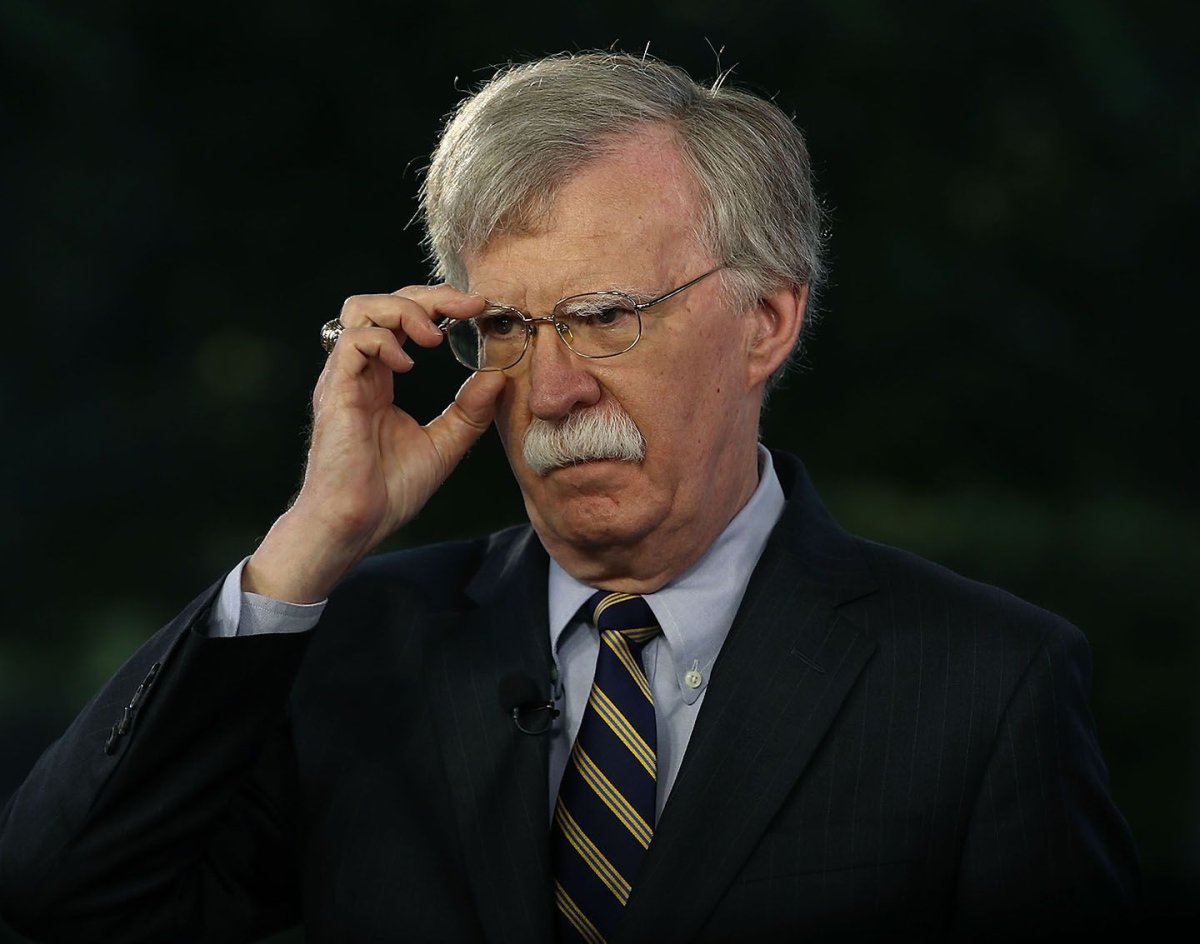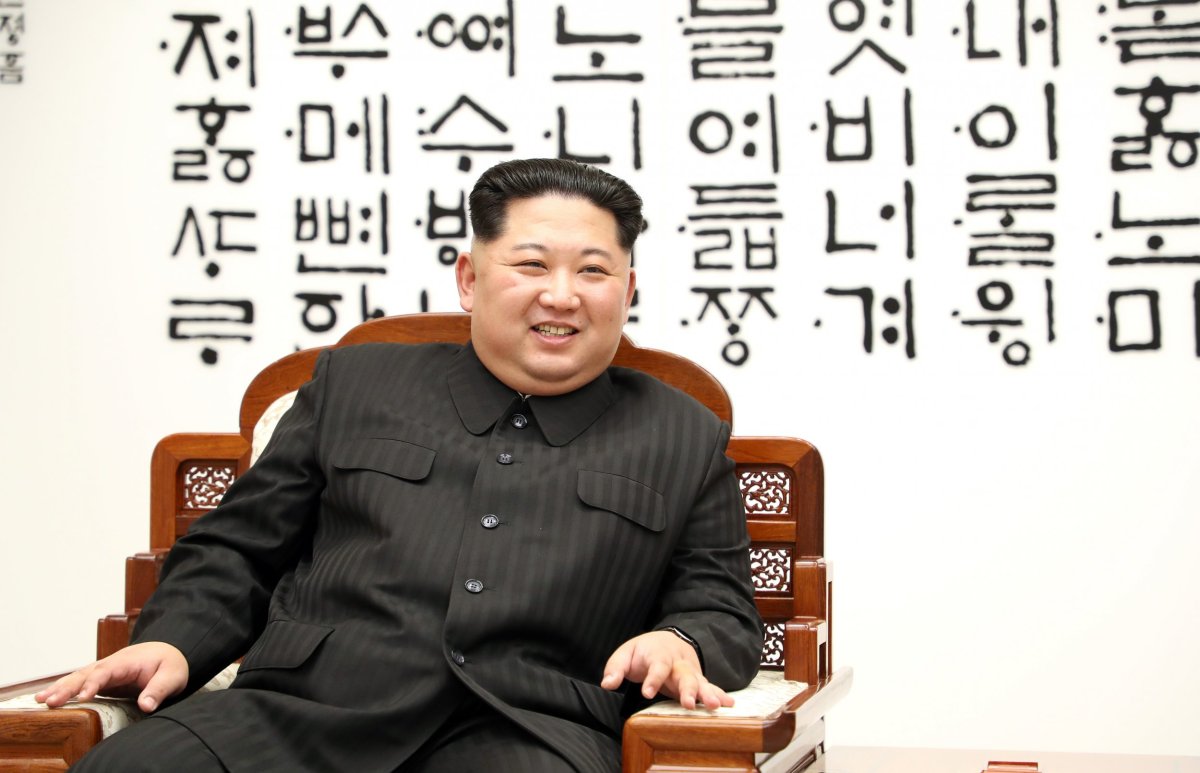President Donald Trump's fans were ready to award him the Nobel Peace Prize for achieving the first-ever meeting between the leaders of the United States and North Korea, two countries that have been technically still at war since 1953. But on the morning of May 24, in one of the strangest letters in the history of American diplomacy, the president abruptly canceled the much-hyped summit meeting with North Korean dictator Kim Jong Un, planned for June 12 in Singapore.
In his letter, Trump praised Kim effusively, saying, "I felt a wonderful dialogue was building up between you and me," and thanked him for the release of three Korean American hostages earlier this month. "That was a beautiful gesture and was very much appreciated.'' But all that came after Trump complained about the "tremendous anger and open hostility displayed" in North Korea's most recent statements, and threatened Kim with the U.S's nuclear arsenal. "You talk about your nuclear capabilities, but ours are so massive and powerful that I pray to God they will never have to be used."
How we got to this weird moment, and what happens now, are already the subject of competing narratives and contentious argument. Some analysts believe the genesis of the summit idea was so surreal that it was hard to believe it was ever going to happen—at least not this quickly. Remember the sequence? After meeting with Kim Jong Un, a South Korean delegation came to the White House in March and informed Trump that Kim had personally extended an invitation for a summit. Experienced diplomats like four-time ambassador Christopher Hill note that the normal response would have been, "That's very interesting, we'll think it over, talk about it and get back to him in due course." Instead, Trump had the South Korean delegation go out into the Rose Garden, with then-National Security Adviser H.R. McMaster standing silently by, and they announced that Trump had agreed to meet.
Trump sent Secretary of State Mike Pompeo twice to Pyongyang in the ensuing weeks to talk directly with Kim, and at no point, the State Department says, did he come away thinking Kim was not serious about the meeting. On the other hand, State says it sought for weeks to arrange a lower level meeting of diplomats from both countries to finalize the agenda—a request the U.S. says the North Koreans never responded to.
Trump has hinted—without offering specifics—that something about the North's attitude changed in the wake of a meeting between Kim and Chinese President Xi Jinping on May 8. After releasing his letter calling off the summit, Trump reiterated publicly that there was some mysterious reason for the changed attitude from the North, but declined to say what it is, telling a reporter that someday you can "write a book about it." Speculation was that Trump was again blaming Beijing for gumming up the process. But why, exactly, China would want the status quo—a nuclear armed impoverished nation on its border, which is a constant source of tension between it and the United States—is anything but clear.

The key factor may be new National Security Adviser John Bolton, not Beijing. Pyongyang's rhetoric went ballistic after comments made by Bolton and later, on May 20, by Vice President Mike Pence.
"Whether the U.S. will meet us at a meeting room or encounter us at a nuclear-to-nuclear showdown is entirely dependent upon the decisions and behavior of the United States," said North Korea's Vice Minister of Foreign Affairs Choe Son-hui.
After releasing his letter calling off the summit, Trump reiterated publicly that there was some mysterious reason for the changed attitude from the North, but declined to say what it is, telling a reporter that someday you can "write a book about it." Speculation again was that Trump was blaming Beijing for gumming up the process. But why, exactly, China would want the status quo—a nuclear armed impoverished nation on its border, which is a constant source of tension between it and the United States—is anything but clear.
Instead, Pyongyang's renewed anger seemed to be triggered by Bolton's comments comparing North Korea's situation to the denuclearization process in Libya back in 2003—when dictator Muammar Gaddafi willingly gave up its nuclear program in the wake of the United States invasion of Iraq. On Barack Obama's watch, NATO then intervened in a civil war in Libya, which ended with Gaddafi's death and the country becoming yet another Mideast failed state. Analysts who've examined North Korea's motives for proceeding, despite harsh sanctions, with its nuclear weapons program say that it is precisely the fate of both Gaddafi and Saddam Hussein that drives the Kim regime. Without nukes they were helpless, and both ended up dead, their regimes toppled. Kim, with his nukes, still stands. It doesn't get more basic than that.

Bolton and Pence both tried to explain that they were referring only to the extent to which Gaddafi opened up his programs to inspectors when citing the "Libyan" model of denuclearization. But Bolton in particular isn't stupid. He had to know, some administration critics surmised, that raising Gaddafi in this context would drive Pyongyang to distraction. It's plausible that Bolton, who simply doesn't trust the North Koreans (a feeling that's very much mutual), doesn't mind that the summit is, at minimum, postponed.
Trump, in fact, left the door wide open to a meeting at some point—asking Kim to call or write if he "changes [his] mind"—and administration officials were not ruling that out. The president also said that "nobody should be anxious, we have to get it [i.e. a meeting] right." And for that, there was a significant sigh of relief among a not insignificant number of officials at the State Department and the Pentagon, who thought all this was moving too quickly. ``Out-of-the-box thinking is all well and good," said former Ambassador Hill. "But sometimes the box is there for a reason."
Consider the U.S.-North Korean relationship, such as it is, back in the box—at least for now. It's not clear that both Trump and Kim really want it to stay there indefinitely.
Uncommon Knowledge
Newsweek is committed to challenging conventional wisdom and finding connections in the search for common ground.
Newsweek is committed to challenging conventional wisdom and finding connections in the search for common ground.
About the writer
To read how Newsweek uses AI as a newsroom tool, Click here.








